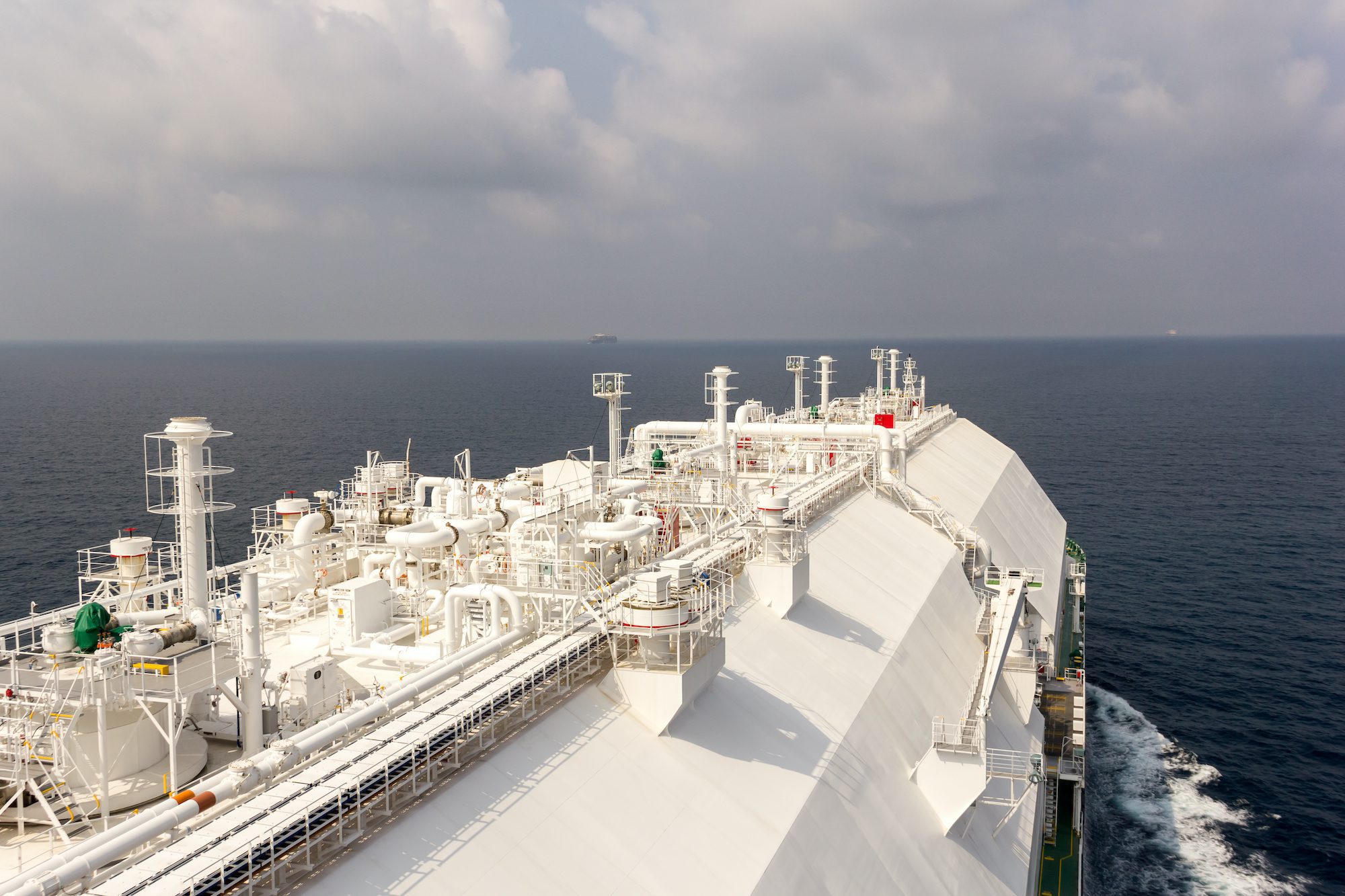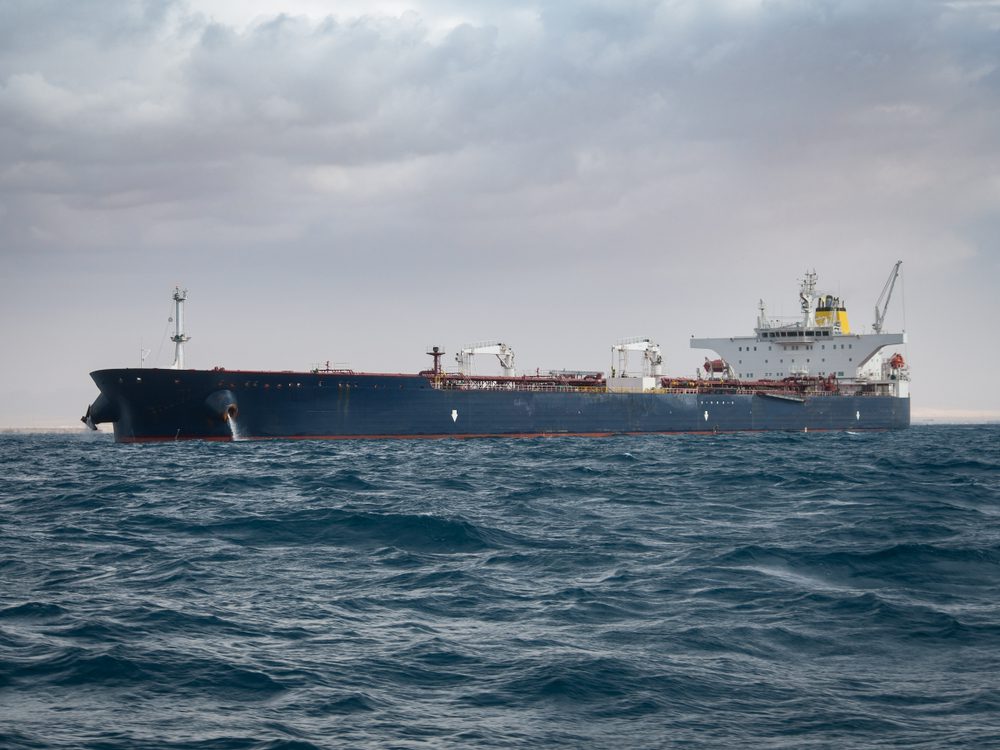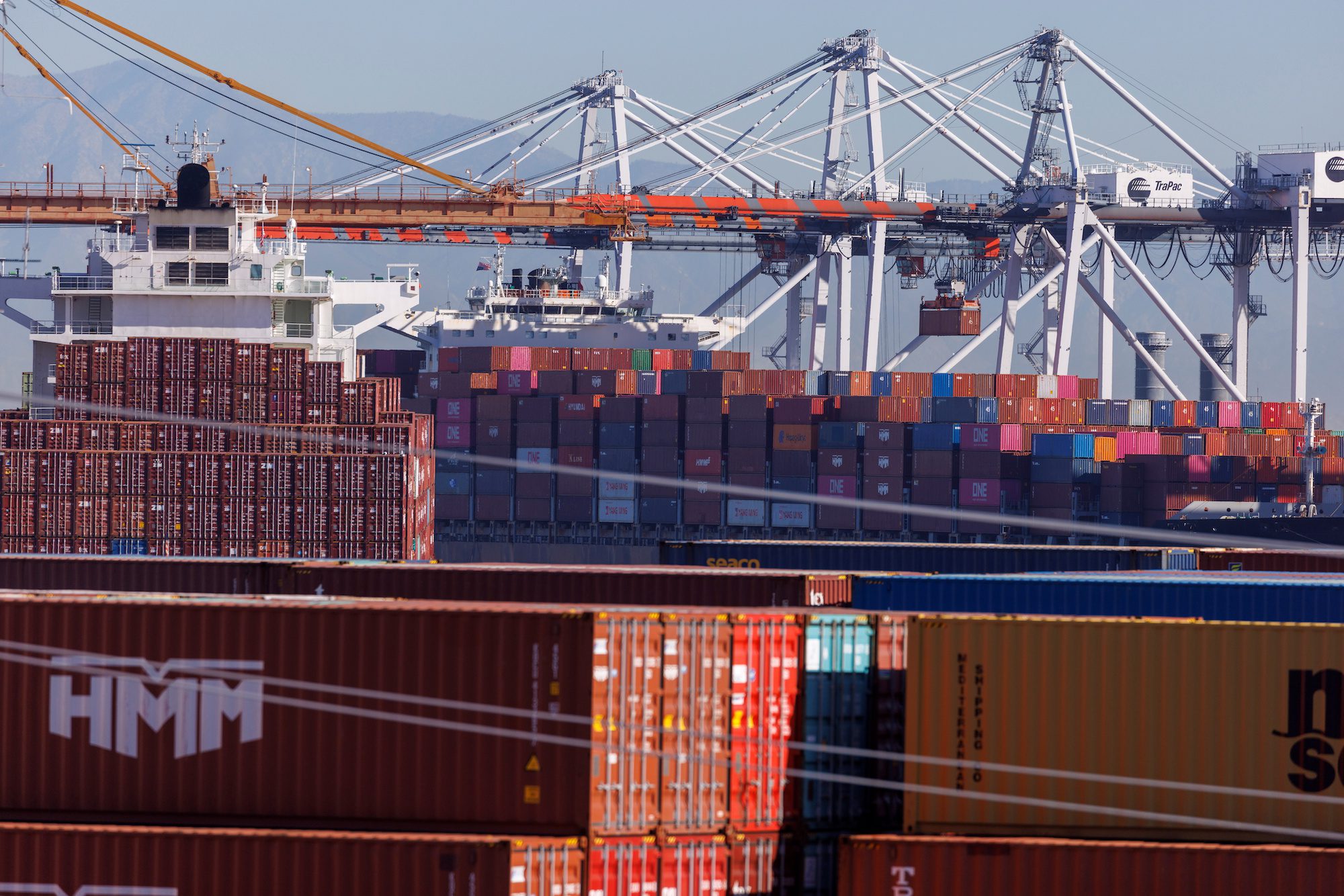(Bloomberg) —
Under pressure from Greece’s navy, traders of Russian oil have found a new place to switch cargoes of crude in the Mediterranean sea, a sign of how hard it will be to clamp down on an activity that has alarmed regulators and European governments alike.
Tankers hauling Russia’s flagship grade Urals are in the midst of transferring it from smaller tankers onto a larger one near the city of Nador at the eastern end of Morocco’s coast on the Mediterranean, ship-tracking data gathered by Bloomberg show. Since last month, Greece’s navy has been holding naval exercises in a location where the trade had been taking place in a attempt to deter it.
The new location is close to Spanish-run enclave Melilla, raising the prospect that Madrid might repeat steps it took to block similar activity 140 miles to the west, near its other enclave Ceuta. Those measures ultimately stopped the practice.
The Rolin, a Very Large Crude Carrier, or VLCC, is receiving Urals crude from a smaller tanker Serendi off the Moroccan city, the data show. It’s the first time that the so-called ship-to-ship transfer of the grade has taken place there.
The Serendi is an Aframax-class ship. Two others — the Ocean AMZ and Sea Fidelity — have also arrived. All three loaded about 730,000 barrels of Urals from Russia’s Baltic sea port of Primorsk last month.
About 80% of Russian Urals crude is shipped to Asia, mostly India and China. Using VLCCs offers economies of scale for longer-distance shipping, but European states are wary of allowing cargo switching near their coasts.
Ceuta, a Spanish enclave that’s further to the west in North Africa, used to be a popular site for Urals STS transfers but has hardly been used over the past year after pressure from local authorities and European Union.
While it persisted near Greece, drills by the country’s navy since early May have severely impeded the activity in the Laconian gulf, a stretch of water about 110 miles southwest of Athens where Russian ship-to-ship transfers mushroomed in the wake of the nation’s invasion of Ukraine.
The locations are part of how Russia has been able to work around western sanctions. Usually taking place in international waters where government oversight isn’t the norm, the cargo switches often involve vessels that have no connection to companies in Group of Seven nations.
That’s important because G-7 nations only allow their firms to provide services including shipping and insurance if the cargoes cost less than pre-set levels. In the case of crude, that limit is $60 a barrel or less. A database maintained for the International Maritime Organization in London doesn’t name an insurer for any of the four tankers involved in the switching near Melilla.
The International Maritime Organization, the UN agency that sets rules for shipping, has called cargo switching in open oceans a “dangerous practice.”
© 2024 Bloomberg L.P.

 Join The Club
Join The Club










